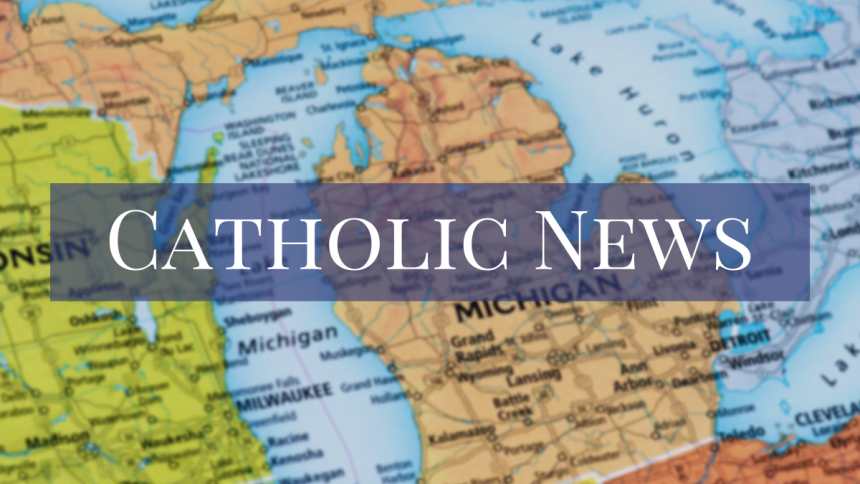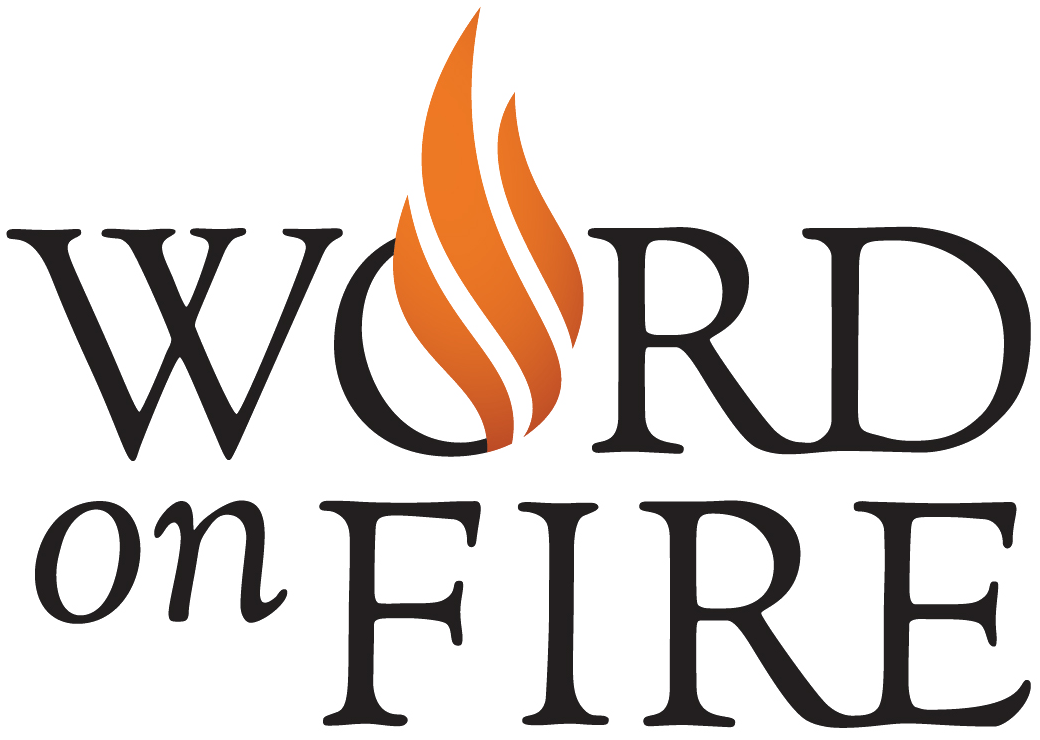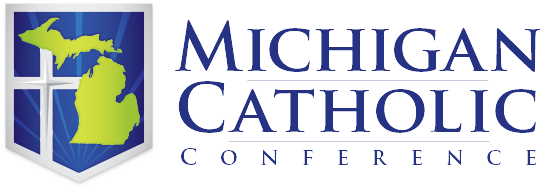
|
(Lansing, Mich.) -- Michigan Catholic Conference (MCC) is applauding lawmakers from both parties and chambers for providing broad support for legislation signed into law today by Governor Whitmer to prevent sexual abuse of children and others. MCC's advocacy for this legislation since it was first introduced in 2018 stems from the Catholic Church’s commitment to prevent abuse, as more than 230,000 Michigan residents have been trained by the seven Catholic dioceses in the state since 2003 on how to protect children and vulnerable adults. The policies addressed in House Bills 4120-4125 were first proposed three legislative sessions ago, in 2018. Since that time, MCC has worked with lawmakers to see preventative measures for the protection of children and adults brought to completion. Senate Bills 66-73 have also passed the legislature and will soon be presented to the governor. “We applaud the leadership of Senator Chang, Representative Filler, Representative Rogers, Senator Hauck and all the sponsors of this bipartisan package to help prevent any abuse of children in the state,” said Tom Hickson, vice president for public policy and advocacy for MCC. “For several sessions, MCC has been proud to stand with the sponsors of these bills and other abuse prevention advocates to increase protections in the medical field, classroom, and in athletics.” Provisions of the full sexual abuse prevention package found in House Bills 4120-4125 and SB 66-73 include:
MCC’s advocacy for state laws to protect children from abuse in all settings follows more than twenty years of work by each of the seven Catholic dioceses in Michigan to implement strong and effective reforms to protect children and vulnerable adults. As a result of the national Catholic Charter for the Protection of Children and Young People – the “Dallas Charter” – enacted in 2002:
Through safe environment programs launched by the seven Catholic dioceses in Michigan, over 230,000 Michigan residents have been trained on how to recognize and immediately report any sign of abuse or activity that may be harmful to children or others. “Along with the policies signed into law today, all institutions in Michigan – public and private – should be implementing and documenting safe environment policies, training, and reporting requirements to keep children and young people safe wherever they come in contact with adults,” Hickson concluded. |






